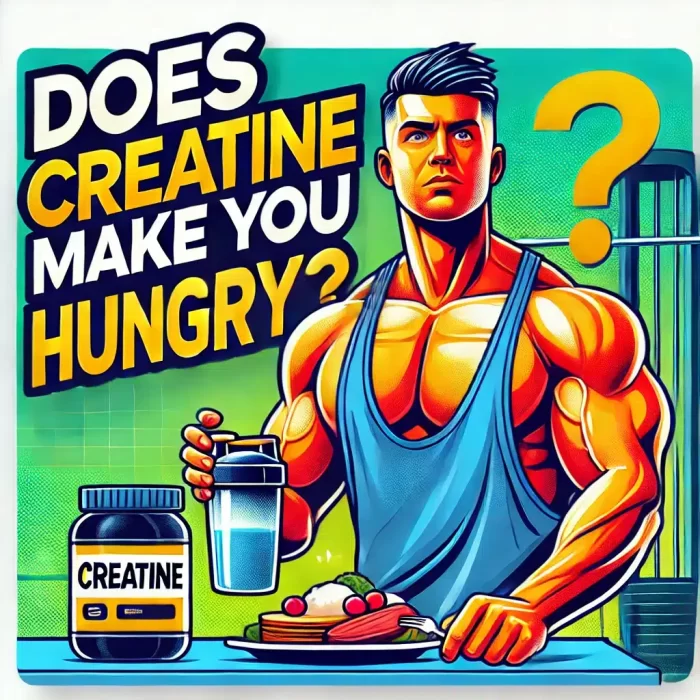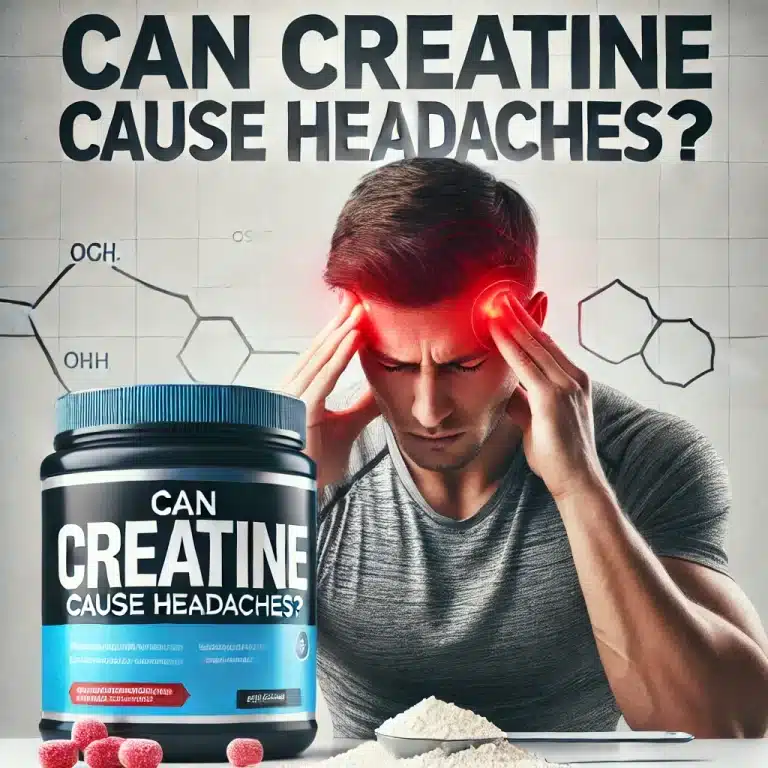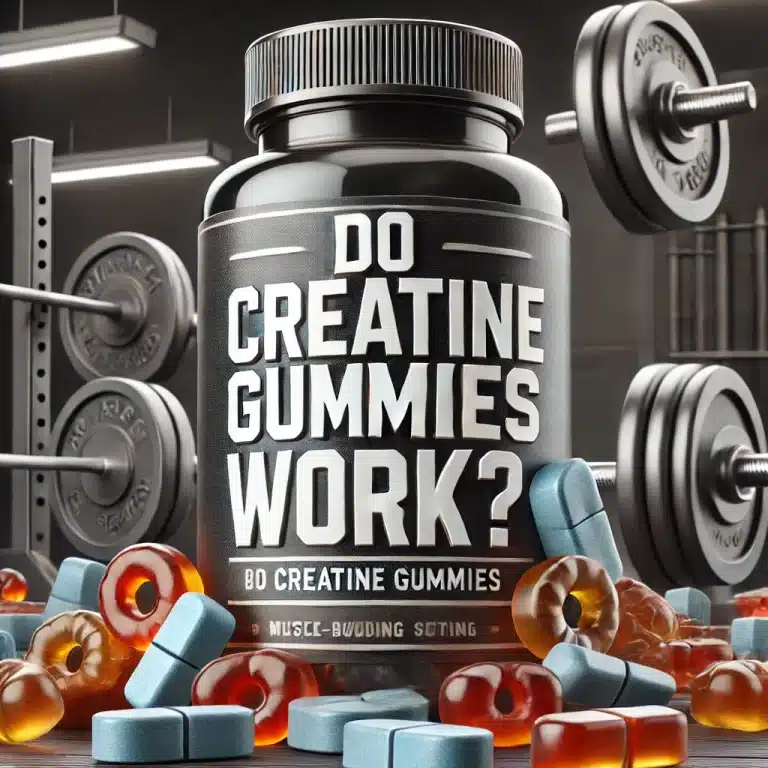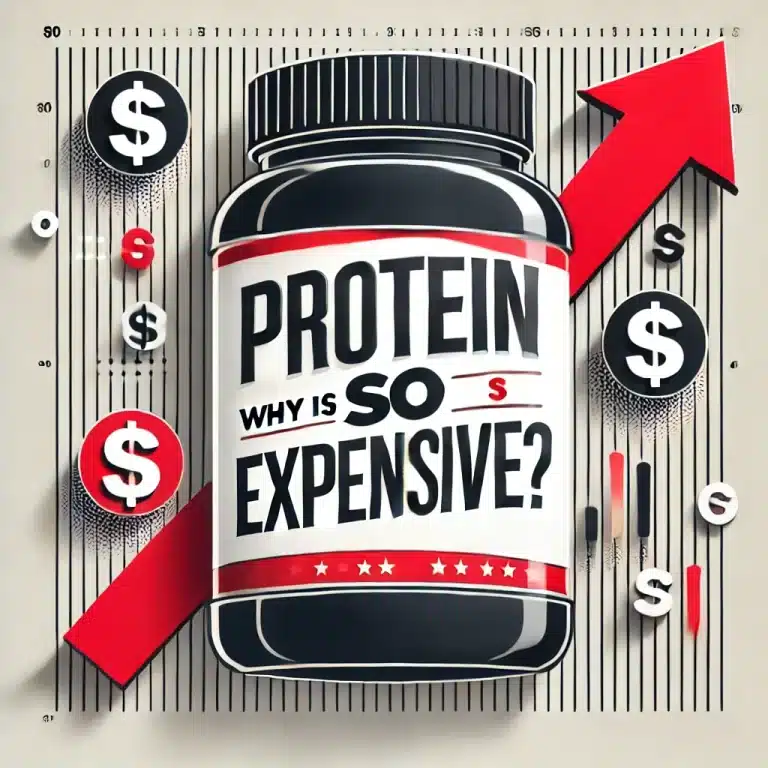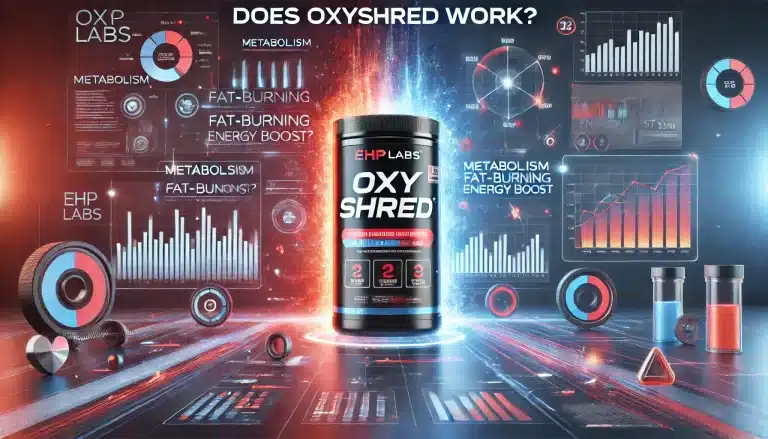Does Creatine Make You Hungry? Unpacking the Facts
When diving into the world of fitness supplements, creatine often stands out as a top contender for boosting performance and muscle growth. Its ability to enhance strength, increase lean muscle mass, and support quicker recovery after intense workouts has made it a staple in the fitness community. But among the many questions people have about creatine, one curious query keeps popping up: Does creatine make you hungry?
It’s a fair question. After all, anything that influences your metabolism, energy levels, or muscle growth could potentially impact your appetite. Some users swear they feel hungrier after starting creatine, while others notice no difference at all. So, is there a scientific basis for these claims, or is it all just coincidental? Let’s break it down.
What Is Creatine?
Creatine is a natural compound found in your muscles and brain. It’s also present in foods like red meat and seafood. Most commonly, people supplement with creatine to enhance athletic performance, support muscle recovery, and increase strength. Creatine monohydrate is the most researched and widely used form, known for its effectiveness and safety.
Can Creatine Increase Appetite?
While creatine itself doesn’t directly stimulate hunger like certain hormones (think ghrelin, the “hunger hormone”), some people report feeling hungrier after starting supplementation. Why might that be? Let’s explore the potential factors behind this phenomenon.
1. Increased Energy Expenditure
When you take creatine, you might find your workouts becoming more intense and longer-lasting due to improved strength and endurance. This uptick in physical activity can lead to a higher calorie burn, which naturally triggers an increase in appetite. Essentially, your body is burning more fuel, and it sends hunger signals to encourage you to refuel.
Think of it like revving an engine: the harder it works, the more fuel it needs. This is particularly true for athletes or fitness enthusiasts who notice their training sessions becoming more demanding after incorporating creatine.
2. Muscle Growth Demands More Fuel
Creatine helps your muscles retain water and supports faster growth when combined with resistance training. Growing muscle mass requires more energy, and your body signals this need through hunger cues. As your muscles repair and grow post-workout, they demand nutrients to support recovery. This increase in metabolic demand can make you feel hungrier, especially on days following intense training sessions.
Additionally, creatine enhances protein synthesis, which plays a critical role in muscle growth. The body may increase hunger signals to ensure it gets the necessary nutrients to support these processes.
3. Hydration and Electrolyte Balance
Creatine causes your muscles to hold more water. Sometimes, people mistake mild dehydration or shifts in fluid balance for hunger, leading to the perception that creatine makes them hungrier. Staying properly hydrated while on creatine is crucial, as dehydration can cause symptoms that mimic hunger, such as fatigue, headaches, and irritability.
4. Impact on Insulin Sensitivity
Emerging research suggests that creatine supplementation may influence insulin sensitivity, which could affect glucose metabolism. Changes in blood sugar regulation can sometimes trigger hunger signals. A study indicates that creatine might enhance glucose tolerance in conjunction with exercise, potentially influencing appetite indirectly.
When your body becomes more efficient at using insulin, it can lead to quicker fluctuations in blood sugar levels, sometimes resulting in increased hunger as your body seeks to stabilize those levels.
Scientific Evidence: What Do Studies Say?
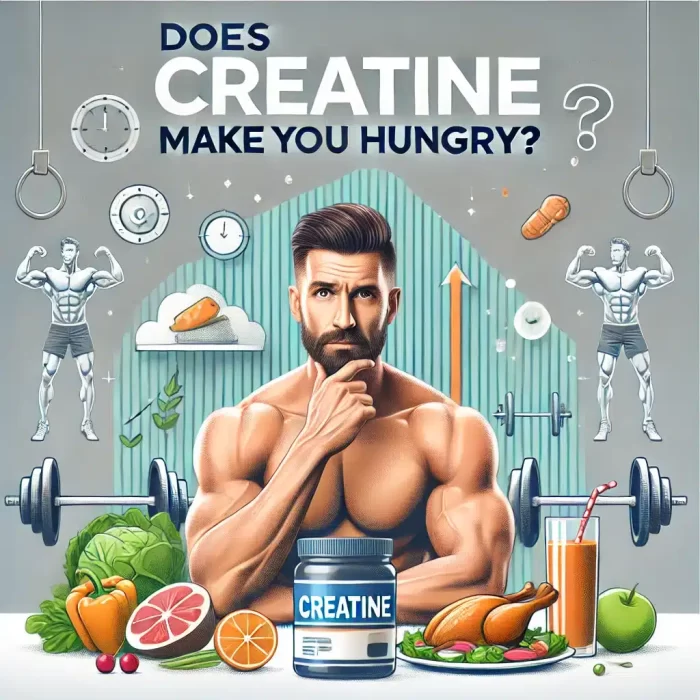
Current research doesn’t directly link creatine supplementation to increased appetite. Most clinical studies focus on performance, muscle mass, and cognitive effects, with little emphasis on hunger responses. However, several studies provide insights into creatine’s metabolic effects:
- A study from the National Institutes of Health (NIH) found that creatine supplementation improved glycogen storage when combined with carbohydrate intake, which could indirectly affect energy balance and hunger. This enhanced glycogen storage means your muscles can work harder and longer, possibly increasing your post-exercise appetite.
- Another research published on ClinicalTrials.gov explored the role of creatine in energy metabolism, suggesting that while creatine boosts ATP production, it doesn’t directly alter appetite-regulating hormones. However, the increased energy output might trigger compensatory hunger responses to replenish used energy.
- A study on metabolic responses showed that creatine supplementation could influence resting metabolic rate (RMR) slightly, especially when paired with high-intensity training. A higher RMR can lead to greater caloric needs, potentially making individuals feel hungrier.
While these studies don’t establish a direct cause-and-effect relationship, they highlight how creatine’s impact on metabolism and energy use could indirectly influence hunger.
The Psychological Aspect: Could It Be in Your Head?
Sometimes, the expectation of increased performance and muscle gains can lead people to unconsciously eat more, assuming they need additional calories. This psychological effect isn’t caused by creatine itself but by the user’s mindset around supplementation and training intensity.
For example, if you believe that taking creatine requires you to “bulk up” or eat more, you might find yourself snacking more frequently or serving larger portions, even if your body doesn’t necessarily need the extra calories. Additionally, the placebo effect can play a role, if you expect to feel hungrier because you’ve read that others do, you might become more attuned to normal hunger cues and interpret them as being stronger than usual.
Moreover, the satisfaction of seeing progress in the gym, such as lifting heavier weights or noticing muscle definition, can subconsciously encourage people to “reward” themselves with food, further reinforcing the idea that creatine is making them hungrier.
How to Manage Hunger While Taking Creatine?
If you notice an uptick in your appetite, here are some practical strategies to help manage it effectively:
- Monitor Your Caloric Intake: Keep track of your daily food intake to ensure you’re consuming enough to support your activity level without unintentionally overeating. Using apps or food diaries can help maintain awareness of portion sizes and nutrient balance.
- Stay Hydrated: Often, the body can confuse dehydration with hunger. Make sure you’re drinking enough water throughout the day, especially when supplementing with creatine, which increases water retention in muscles. Aim for clear, light-colored urine as a general indicator of proper hydration.
- Opt for Nutrient-Dense Foods: Focus on whole, nutrient-dense foods that provide satiety and essential nutrients without excessive calories. Incorporate lean proteins, fiber-rich vegetables, whole grains, and healthy fats to keep you feeling fuller for longer.
- Incorporate Healthy Snacks: If you find yourself frequently hungry between meals, plan for healthy snacks like nuts, yogurt, fruits, or protein shakes to curb cravings without derailing your nutrition goals.
- Adjust Meal Timing: Experiment with meal timing to see what works best for your body. Some people find that eating smaller, more frequent meals helps manage hunger better than sticking to three large meals a day.
- Track Your Progress: Keeping a food and training journal can help identify patterns related to increased hunger. This can offer insights into whether hunger spikes are related to intense workout days, hydration status, or psychological factors.
Potential Side Effects of Creatine:
While generally safe for most people, creatine can cause some side effects, particularly if not used correctly. Being informed can help you mitigate potential risks:
- Water Retention: Creatine causes muscles to retain water, leading to temporary weight gain. This isn’t fat gain but rather increased intracellular water. Some individuals may experience bloating or a feeling of puffiness, which can be uncomfortable but is typically harmless.
- Digestive Issues: High doses of creatine can cause gastrointestinal discomfort, including bloating, cramping, diarrhea, or nausea. To minimize these effects, stick to the recommended dosage and consider splitting the dose throughout the day if needed.
- Kidney Concerns: Although extensive research indicates that creatine is safe for healthy individuals, those with pre-existing kidney conditions should consult a healthcare professional before starting supplementation. Regular monitoring of kidney function is advised for at-risk populations.
- Muscle Cramps and Strains: Some anecdotal reports suggest muscle cramps or strains while using creatine, though scientific evidence does not strongly support this link. Staying well-hydrated and maintaining electrolyte balance can help prevent such issues.
- Potential for Dehydration: Due to increased water retention in muscles, there’s a misconception that creatine causes dehydration. While not directly dehydrating, creatine supplementation increases the body’s water needs, so consistent hydration is key.
Final Thoughts:
In conclusion, does creatine make you hungry? Not directly. While creatine doesn’t stimulate hunger hormones, the physiological changes it triggers, such as increased workout intensity, muscle growth, and metabolic shifts, can indirectly lead to a bigger appetite. Additionally, psychological factors like expectations and training mindset can play a role.
Understanding these factors helps you manage any changes in hunger effectively. By maintaining proper hydration, tracking your caloric intake, and making mindful food choices, you can fully benefit from creatine supplementation without feeling overwhelmed by increased appetite.
Frequently Asked Questions (FAQs):
Does creatine directly cause hunger?
No, creatine does not directly stimulate hunger hormones. However, it can indirectly increase appetite due to factors like enhanced workout intensity, increased energy expenditure, and muscle growth.
Why do I feel hungrier after starting creatine?
Feeling hungrier might be due to increased physical activity and muscle recovery demands, both of which require more energy. Additionally, psychological expectations about eating more while on supplements can play a role.
Can creatine affect my metabolism and lead to increased appetite?
Creatine can slightly boost your resting metabolic rate (RMR) when combined with high-intensity exercise, which might increase your caloric needs and indirectly stimulate hunger.
Is increased hunger a sign that creatine is working?
Not necessarily. Increased hunger is not a direct indicator of creatine’s effectiveness. However, it might reflect that your workouts are more intense, and your body needs more energy for recovery, which creatine supports.
